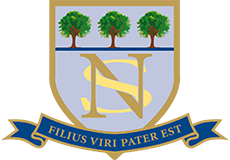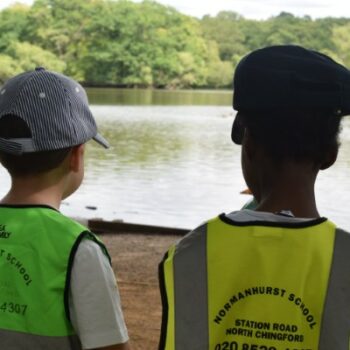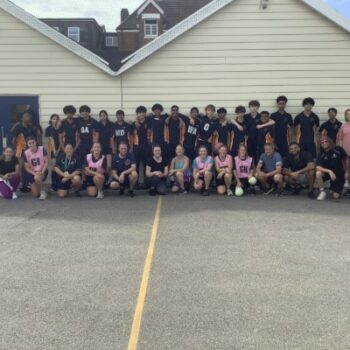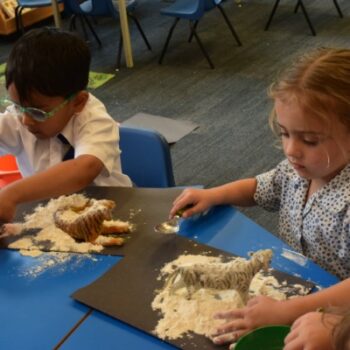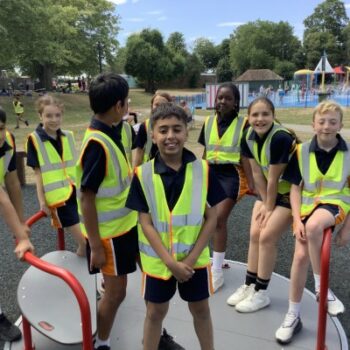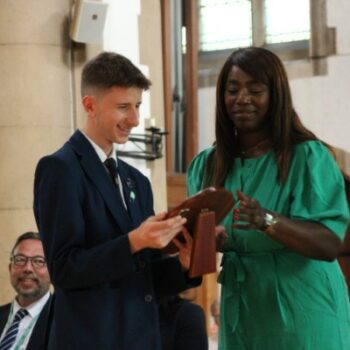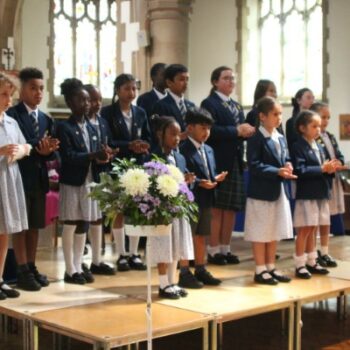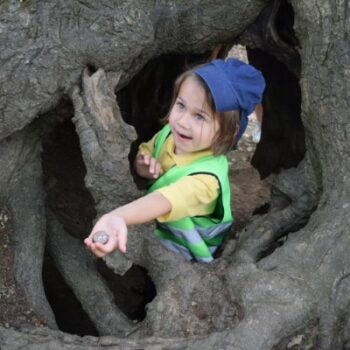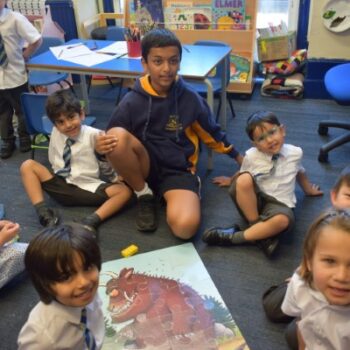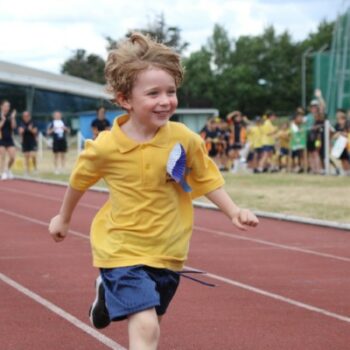The Independent Schools Inspectorate (ISI) is the Government approved inspectorate responsible for the inspection of Association independent schools. Schools in the Associations are ranked among the best in the world and educate more than half a million children in 1,200 schools. We see inspections as a valuable experience, as they seek to improve the quality and effectiveness of schools’ education and care.
Inspections are usually carried out with only 1 or 2 days’ notice. The inspection teams are led by professional reporting inspectors with many years’ experience, who are supported by team inspectors such as heads and senior teachers currently working in independent schools.
March 2025 School Inspection
We are delighted to be able to share the team’s findings with you officially now that the final report has been published. You can download a copy of the report at the bottom of this page.
This was the first time we have been inspected under the Independent Schools Inspectorate’s new framework, which now focusses on descriptive commentary rather than overall judgments. There are five main areas that were inspected, which include scrutiny of compliance with the hundreds of Independent School Standards Regulations (ISSRs).
The five areas are:
- Leadership and management, and governance
- Quality of education, training and recreation
- Pupils’ physical and mental health and emotional wellbeing
- Pupils’ social and economic education and contribution to society
- Safeguarding
We are delighted to report that we met every one of the Standards and Regulations. No further action is required.
As there are no longer any judgments in this new inspection framework, the inspectors’ comments are key to understanding where the school is currently at. We are delighted at the huge number of positive comments and the full compliance. Some of the comments that are particularly worth noting are as follows:
- Leaders ensure that the promotion of pupils’ wellbeing is at the heart of the school’s provision.
- The Early Years is nurturing and also facilitates appropriate levels of challenge for each child so that they can make good progress towards the early learning goals.
- Leaders have designed a broad and balanced curriculum in which lessons are well planned and provide appropriate levels of challenge for pupils.
- In the junior school…topic-based schemes of work stimulate interest and curiosity in the pupils.
- Specialist teaching for subjects such as MFL and music extends the pupils’ knowledge and their linguistic and creative skills.
- Across the whole school, pupils make good progress in mathematics owing to the secure subject knowledge of their teachers and clear explanations about processes.
- Well-planned lessons in English enable progress to be made in the study of literature.
- Pupils make good progress in aesthetic and creative tasks from the early years upwards owing to well-designed activities by teachers which allow them elements of choice and personal involvement.
- Pupils who have SEND are supported effectively in one-to-one and group sessions outside lessons, in addition to receiving in-class support and tailored resources.
- There is a suitable programme of activities available to the pupils, ranging across the arts and sports.
- Teachers use data effectively to track progress, enabling them to provide tailored feedback to individual pupils which identifies relevant areas for improvement.

